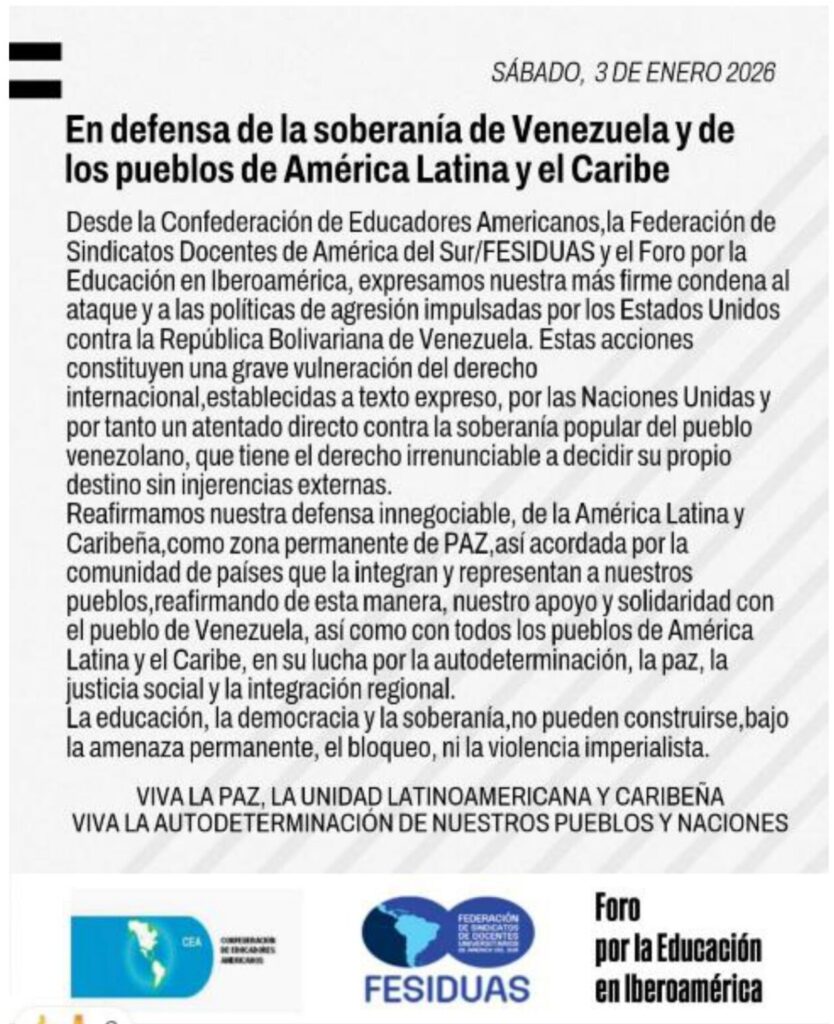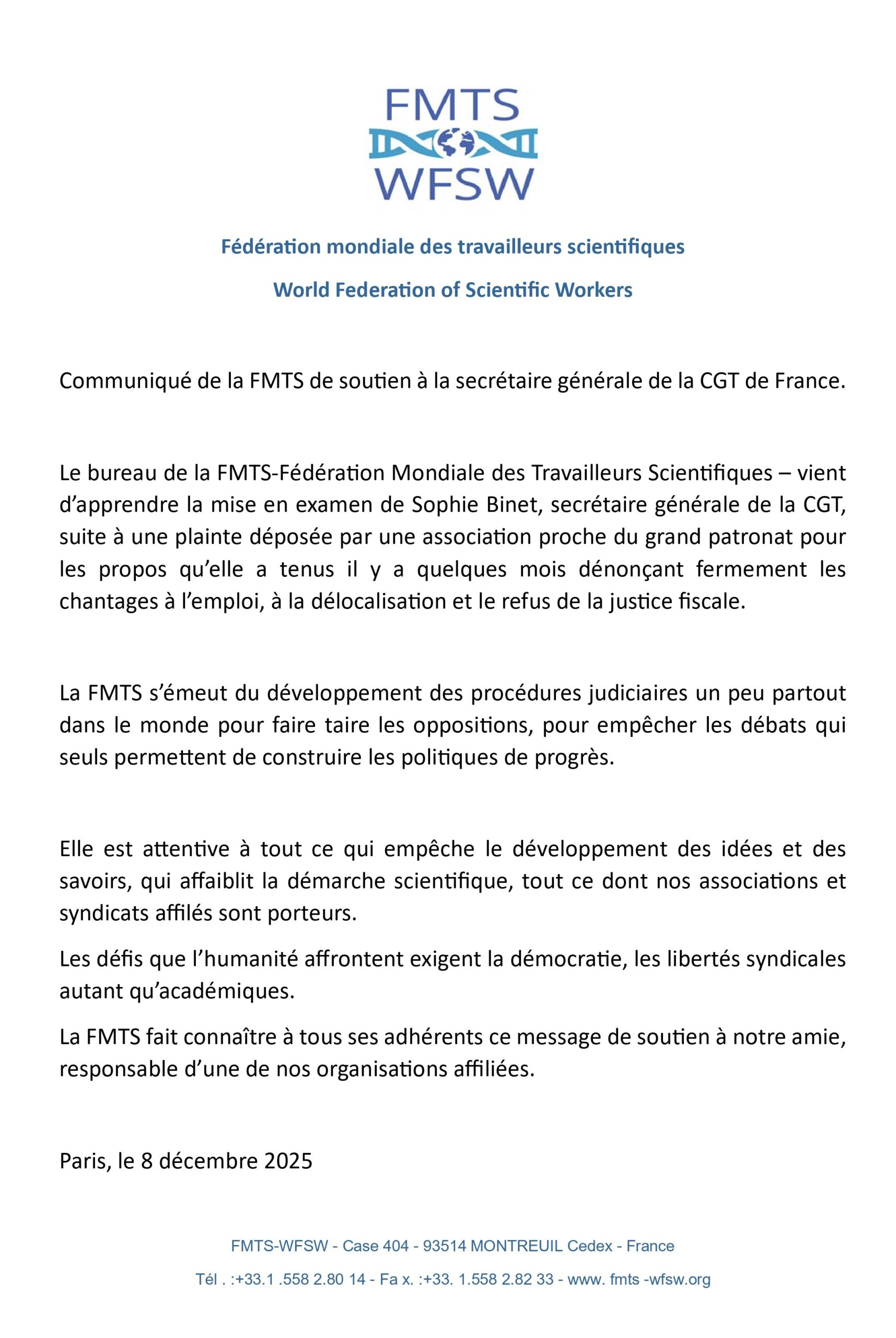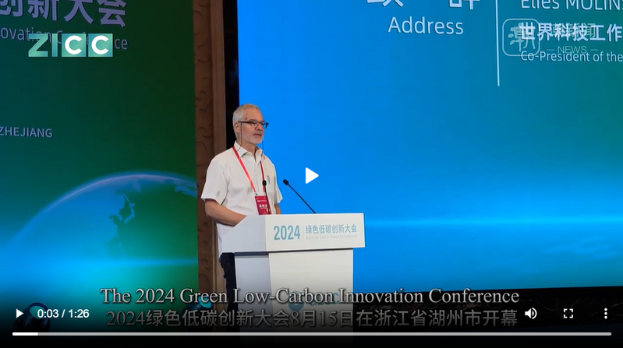Interface “Men Machines”, reliability and management
Reflections: Interface “Machines-men” and management Jean GAY – June, 2009
Interface “Men Machines”, reliability and management
The crash landing of Airbus A 330 poses the problems of the interfaces “Men – Machines”. A new dimension must be given to the listening of the employees by management in the implementation of the complex technical systems (Aircraft – TGV Industry or nuclear power).
The complexity of the high technology systems and processes cannot be implemented, with sufficient guarantees of safety and reliability, in a managerial context where authoritarianism takes the ways of militarization in the social relations like roadmap for the hierarchy. This question of the role and the place of a new type of social relations for better guaranteed safety of advanced technical systems, at the disposal of populations, are generic. It is as well related to aeronautics and the space technologies as industry and the nuclear power.
Focusing on the crash landing of Airbus A 330, I would like to bring my double witness, at the same time:
 as an engineer having had experience of operation risks about the “ Pitot tubes” in the control of the industrial processes of mixtures of fluid on line in synthesis gas reactors or in case of mixtures of fluid on line,
as an engineer having had experience of operation risks about the “ Pitot tubes” in the control of the industrial processes of mixtures of fluid on line in synthesis gas reactors or in case of mixtures of fluid on line,
 and at the same time as a trade unionist CGT as senior executive – (in the French organization UGICT – CGT) in lived oppositions between the trade unions of pilots and technician of aeronautics, at time of the transition to the whole “ electronic-electricity” into processes of “commands – controls” of first A310 – A330 during years 1980.
and at the same time as a trade unionist CGT as senior executive – (in the French organization UGICT – CGT) in lived oppositions between the trade unions of pilots and technician of aeronautics, at time of the transition to the whole “ electronic-electricity” into processes of “commands – controls” of first A310 – A330 during years 1980.
These had caused many strikes and hindrances in particular on the air plane connection Paris-Marseilles ( Inter /Air France).
This testimony relates to the “interfaces” frontiers of “men – computers – machines” for all that raises of “command-controls” that it is in aeronautics, very high speed trains, or systems of industrial “processes” for the chemical or energy production (including nuclear). The problems which are structural and intrinsic with the nature of these “interface frontiers” require from the management, collaboration and co-operation instead of authority relation which degenerate more and more into authoritarianism and militarization in the ways of working in order to legitimate the necessary authority of the hierarchy.
I mark three points:
1st point: the implementation of the “whole automatics-electronics” and the place of the human.
In the years 1980, the objective of the Directions of the Civil aircraft and Air France (at the time Government enterprise) was to remove the 3rd man of the long-distance aircraft (who was the navigator) in the cockpit by the installation of the system based on electronics, the computers and the electric drives of the materials (to replace the hydraulic controls type “broomstick”) for the control of the flights on the modern aircraft. The technician and engineers of aeronautics had remarked, at the same time, the risks of the removal of the 3rd man in piloting, by the irruption of the electronics and the board computers in piloting modern planes – A third co-pilot have the necessary time for analysing a situation in degraded and/or complex circumstances and complete a work of permanent checking of the couple “speed and positioning” of the plane. However the analyzes show the great difficulty encountered in an automated system of “control” when the calculator “give up” and “cannot make any more” and that, in the instant , the man (in the cockpit or in room of “control” of an industrial process) must take again, all the same, in hand the control which is (in general) in degraded situation. The catastrophes of Three Mile Island and Tchernobyl are in particular in this context.
2nd point: risks of Pitot tubes as a sensor allowing the calculation of speed. Whatever the situations (aeronautical or industrial), the Pitot tubes are probes, rather rudimentary, to measure the pressure due to the speed of the fluid in a pipe (industrial processes of mixture of fluids) or the speed of a mass in a fluid (boats/submarines on water and aircraft in the air). Its principle is based on the very light differential of the pressures in two very precise points of the probe. And it is this differential which gives speed. The geometrical configuration and the material constitution of these probes has always posed problems in the industrial fluids, and their role always were “indicative” range rather than “executive” to start devices implied in the process of industrial production (for example: the opening of a valve in a process of combustion) and its operational safety. However on a plane, the knowledge of speed is one of the central parameters which adapt the power of the engines or the turbo engines, so that the stability of the plane and its rotational motion controls (roll, pitch, yaw) are assured so that it does not fall.
So, it is astonishing that this very important probe is not the subject of a monitoring much more thorough in particular on the risks of stopping in the two pressure taps for a lot of reason (accumulation of dust, of sands of altitude and moisture with congelation/freezing of this one) Indeed, the task of board computers depends on these probes, as well as the orders that those give to the engines.
3rd point: the question of an authoritative management and the necessary recognition of the know-how of employees in the design and the control of the complex automated systems.
Most economic observers, scientific and social emphasize the enormous pressures, in term of suffering at work, undergone by employees in particular in the segments of very complex activities, requiring very strong knowledge and qualifications in a very advanced technologies context. These qualifications – and right to the word in the perimeter of these qualifications – are at the centre to guarantee the duration along time of good performance of the installations, the safety and the stability of the systems. These conditions of guarantee are necessary that it is in the sequences of the “design – manufacture” of materials, or in sequences of the design of “command-control” for the piloting, or in the sequences of tests and agreement procedures. Financial realities make the “time” – necessary in the design and manufacture – an essential parameter that the constraints related to the profitability of the project (with respect to the shareholders and competition) involve to reduce.
Loss of the professional authority by management Such are the objectives of higher management which are reflected on all the levels of intermediate management on the collective of workers, from technicians to the engineers and senior executives.
This situation involves a degradation of the situation of working not only in the collective of employees, in the heart of competences of the company, but also in all the levels of management. These management levels, with respect to their “subordinate-collaborators”, are not any more in situation to be able to legitimate their hierarchic authority by their “knowledge to make “professional” in the comprehension of the complexity of work with which the employees are confronted and starting from a possible process of sponsorship of training, or of a proximity in daily work.
The requirements of profitability, related to a shareholder vision and competition, involve everywhere a reduction of the “time” necessary to conceive and manufacture the systems and the materials. That involves an intensity of work and stresses which are undergone by all categories of workers at all levels of management. This irrefutable fact directly strikes the conscience of employees about the true recognition of their work by the management, to guarantee good performance and safety of the technical systems. The employee is involved, by this situation, in a spiral of suspicion and refusal with respect to his hierarchy Those are reflected on all the levels compared to the hierarchy of the higher level and question the bases of the authority of management at each level.
To retrieve its authority – required by its own hierarchy and as being a parameter of its notation and wages – management, on each level, finds the way out only in the obligation in which it is, to prove its authority by only authoritative decisions which it is in capacity to take. This situation involves a “militarization” in worker relations by injunctions or notes imposing to the employees any results or, sometimes, the disciplines of behaviour having nothing to do with the work (for example to arrange its vehicle in the car park of the company in a certain way). The risks of sanctions which weigh on the employee, become the new parameter founding the “life to work” (as the risks of loss of points condition driving of a car) and the demonstration “of authority” on the part of management on each level.
Retrieve of the managerial authority by authoritative processes Of a relation of authority which should be recognized starting from competences, experiment and knowledge to make hierarchy, the social management of the relations is replaced by a legitimacy of the authority built starting from the coercive decisions which weigh on the employees at each level by seeking the parameters of coercion to be imposed.
All testimonies and all the investigations show that the guarantee for the populations of the good performance of the increasingly complex and increasingly sophisticated systems, (either at ground level in the nuclear power plants, industrial sites at the Seveso risks, transport, or in flight on the aircraft) cannot be assured on these bases.
A new field of social investigation opens which puts the quality of the social relations in work like the central factor of effectiveness in the guarantee and the safety of the technical systems and the industrial facilities with respect to the populations.
Clnt: management interfaces men machines crash landing Airbus A 330 – June 10th, 2009 – Jg




